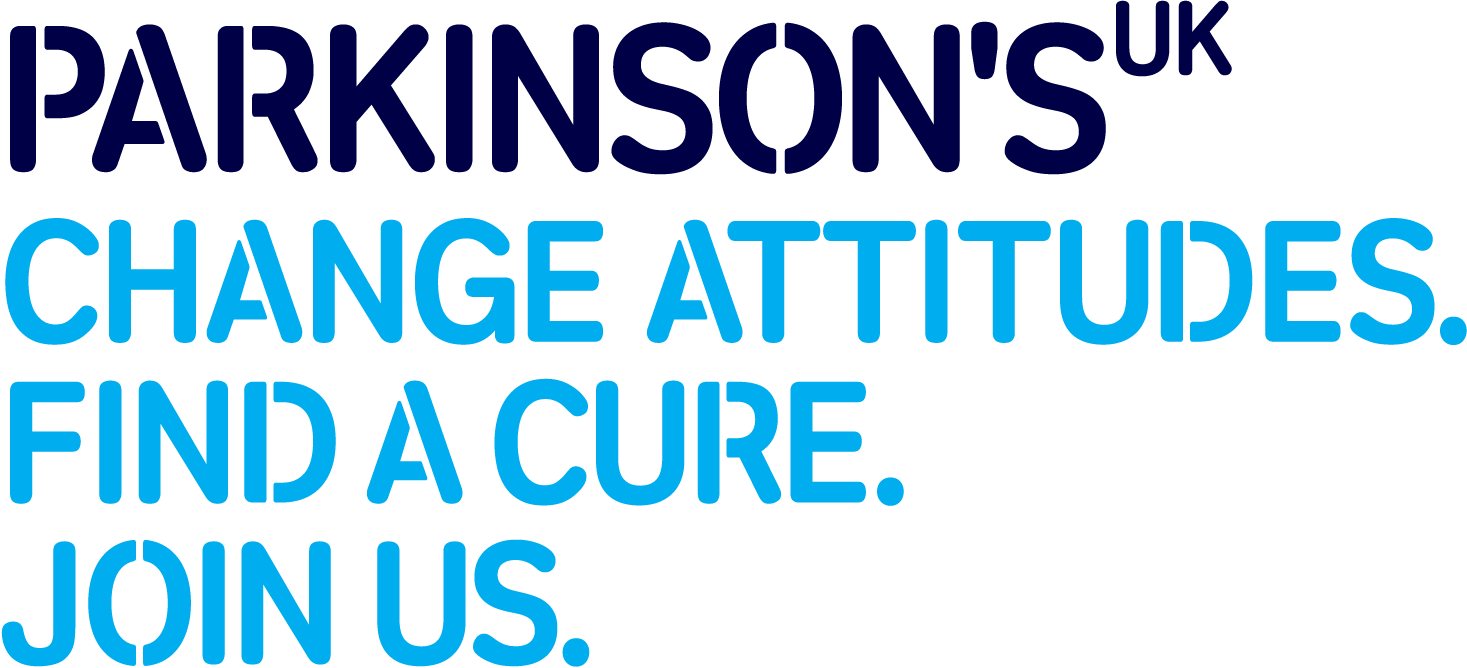RESEARCH OPPORTUNITY INTO PARKINSON’S AT ASTON UNIVERSITY
Hi everyone,
My name is Emma. I am a researcher at Aston University in Birmingham and currently working on a project investigating the effect of zolpidem on the motor symptoms of Parkinson's disease. Pilot studies at Aston have shown that giving a very small dose of zolpidem can improve motor symptoms. We now want to look at a larger group of people at all stages of the disease to see if more people will benefit from taking zolpidem. Thank you all in advance for taking the time to read this post.
Aim: To see if we can find a new treatment for Parkinson’s disease that does not depend on L-DOPA.
Who do we need? 12 people with Parkinson’s who have not yet started medication, 12 people with Parkinson’s who are on medication, and 12 healthy age matched controls.
What is involved? Two visits to the Aston Brain Centre. The first visit will involve a brain scan whilst completing a few simple motor tasks. This will then be repeated after taking a very small amount of a drug, zolpidem. On the second day, we will also make an anatomical MRI image of your brain. These sessions will be conducted on consecutive days, with the option to stay in the onsite hotel overnight.
More details
Background
Your brain works by means of tiny electrical signals, which are often called “brain waves” or “brain activity”. A MEG system (Magnetoencephalography), can measure brain activity and the scans produce an “activity map” of your brain. Researchers at Aston University plan to map brain activity in the primary motor cortex, the part of the brain responsible for movements, during simple motor tasks before and after treatment with a low dose of a drug, zolpidem.
These drugs suppress certain brain waves that have control in the way we move. This may be beneficial in Parkinson’s disease where making movements can become difficult and we hope that because it is already licensed in the UK, we can move towards a new treatment option quickly.
The study is funded by Parkinson’s UK. Travel and accommodation expenses will be reimbursed.
Who can take part?
You can take part if you have Parkinson’s or if you do not have Parkinson’s and are aged 40 or over. You must not have any metal implants (normal dental work is fine) or a cardiac pacemaker.
Interested in taking part?
For further information please contact us directly.
Dr Emma Prokic
[email protected] or 0121 204 5247
How do I find out the results of the study?
Once the study is completed, researchers will send you a plain English summary of the main research findings.
